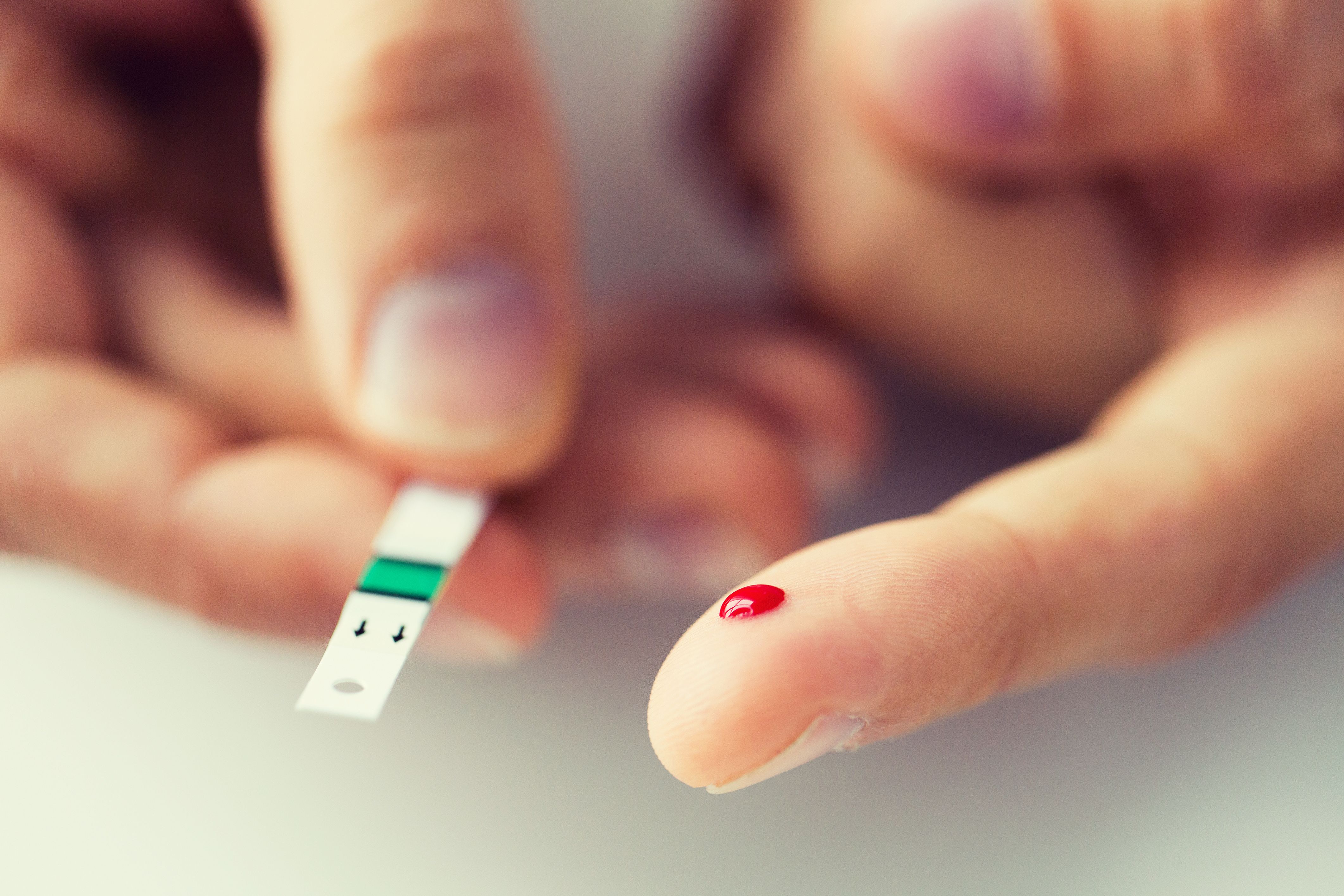Article
Italian Study Finds COVID-19 Pandemic Slowed Type 1 Diabetes Diagnoses
Author(s):
Results of a web-based survey indicate the rate of new type 1 diabetes diagnoses dropped nearly 25% during the early phases of the COVID-19 pandemic.

New data from an analysis of data from care centers in Italy suggests the coronavirus disease 2019 (COVID-19) pandemic could have had a dangerous impact on care and diagnosis of type 1 diabetes.
An analysis of responses to a cross-sectional, web-based survey of pediatric diabetes centers, results indicate a 23% reduction in new diabetes cases compared to the age time period in 2019 and investigators highlighted increases in the proportion of patients presenting with severe diabetic ketoacidosis.
In recent months, the International Society for Pediatric and Adolescent Diabetes noted reports of diabetic ketoacidosis episodes where patients delayed hospitalization due to the closure of non-COVID-19 services. As a result, a group of investigators from the Diabetes Study Group of the Italian Society for Pediatric Endocrinology and Diabetes hypothesized the ongoing pandemic may have played a role in the number of new diabetes diagnoses and severity of diabetic ketoacidosis.
To test their hypothesis, investigators designed a survey to evaluate these topics between February 20-April 14 in both 2019 and 2020 and sent these surveys to 68 pediatric diabetes centers throughout Italy assessing 20 February and 14 April in 2019 and 2020. As part of the survey, each center was asked to review all records of patients less than 15 years of age with recorded onset of diabetes between the aforementioned dates. Specifically, centers were asked to provide the number of patients diagnosed with type 1 diabetes, how many had diabetic ketoacidosis and its severity, how many were diagnosed with COVID-19, and how many patients with established diabetes had diabetic ketoacidosis or severe hypoglycemia.
Of the 68 centers that were invited to take part in the survey, 53 (77.9%) completed the survey and returned completed data. Of note, all the diabetes tertiary referral centers in Italy returned completed surveys.
Results of these surveys indicated the number of children diagnosed with type 1 diabetes between February 20-April 14, 2020 was 23% lower than the number diagnosed during the same time period in 2019. In total, 160 patients were diagnosed with type 1 diabetes during 2020 compared to 208 during the same time period in 2019.
When assessing results for diabetic ketoacidosis, investigators found diabetic ketoacidosis, at any severity, was detected in 38.1% of patients diagnosed in 2020 and in 41.3% of patients in 2019. Results also indicated the proportion of patients with severe diabetic ketoacidosis during 2020 was 44.3% compared to 36.1% in 2019 (P=.003). Investigators highlighted there was no increased incidence of acute complications of diabetes during the time period examined.
While the study population limits generalizability of data from the current study, investigators suggest the results should underline the importance of establishing specific strategies to educate and prevent further delays as a result of fear of the COVID-19 pandemic.
“These data suggest that during the COVID19 pandemic a good number of children received a delayed diagnosis, altering the presentation of type 1 diabetes and severity of DKA,” wrote study investigators. “In preparation for any potential ‘second wave,’ specific strategies are essential to educate and reassure parents about timely attendance at the ED for children with symptoms that are not related to COVID-19.”
This study, “Has COVID-19 Delayed the Diagnosis and Worsened the Presentation of Type 1 Diabetes in Children?,” was published in Diabetes Care.




